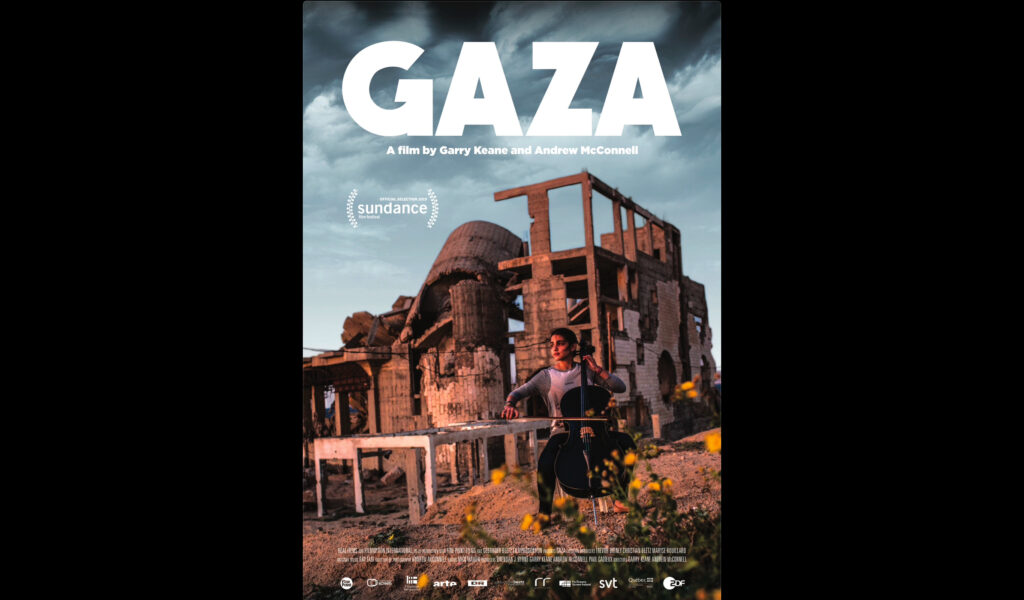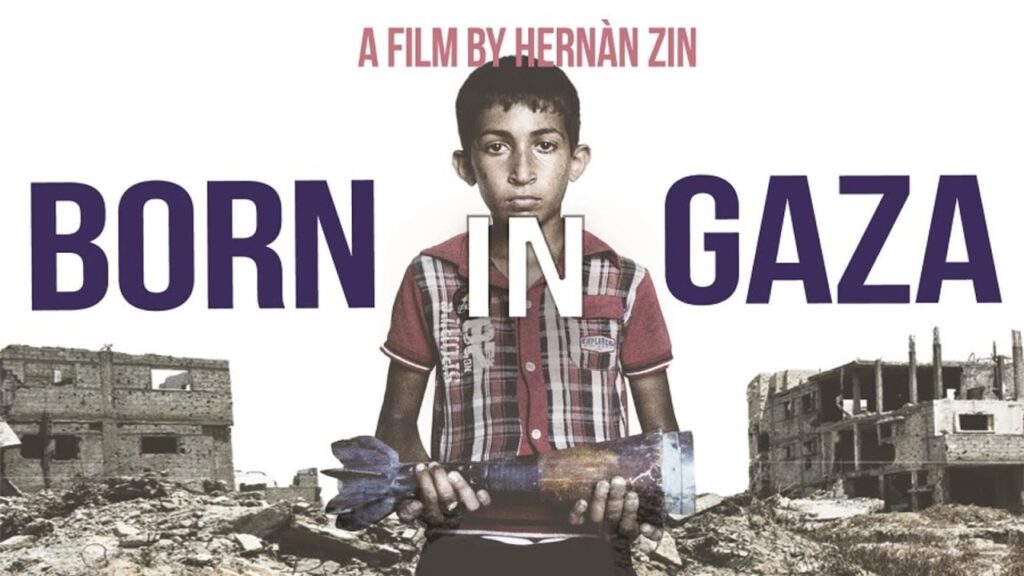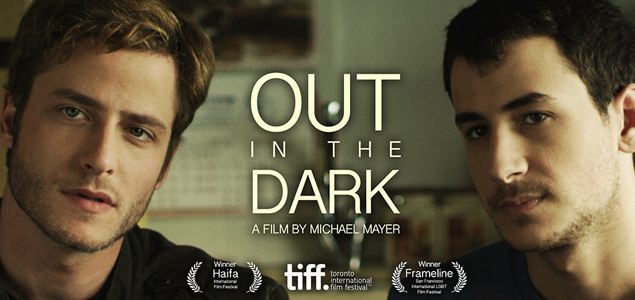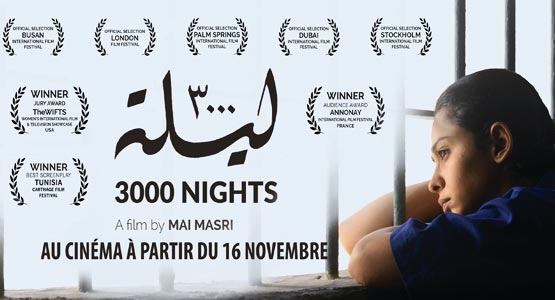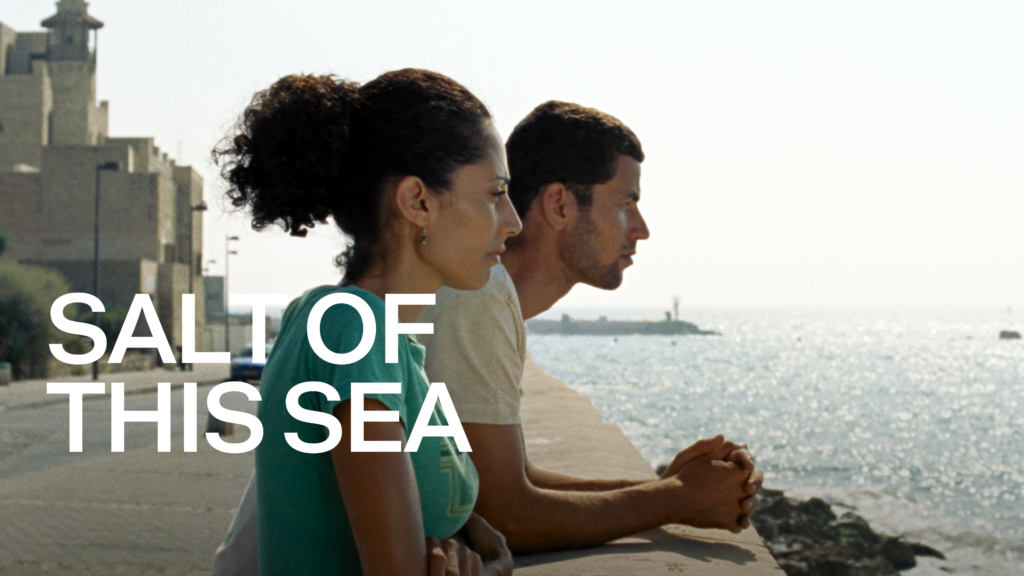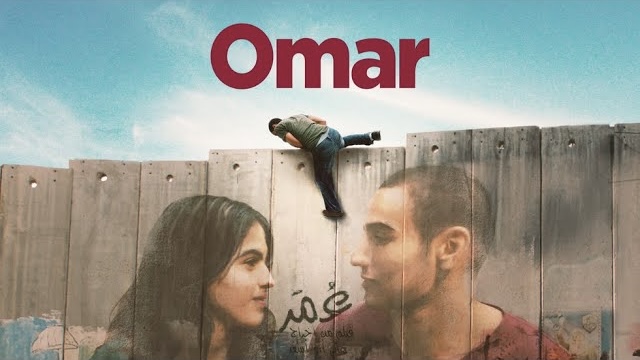The Second Intifada & the Wars on Gaza, 2000s
Immediately following the failure of the so-called “peace process,” another uprising broke out, the Second Intifada. Much more violent than the First Intifada of 1987, the Second Intifada of the early 2000s saw the killing of hundreds of Israelis by Palestinian armed groups and thousands of Palestinians by Israeli forces. During this period, Hamas also gained prominence as a militant/political movement, winning the 2006 Palestinian legislative elections.
After the U.S. and Israel rejected a coalition Fatah-Hamas government and PA forces attempted military action against Hamas, Hamas staged a counter-coup and took over the Gaza Strip in 2007 — dividing the Palestinian Territories. Israel immediately imposed a siege on Palestinians in Gaza, limiting food and fuel and the entry and exit of people. Poverty and unemployment spiked. Violence also ensued, with Israeli wars on Palestinian life in the Strip in 2008, 2012, 2014, and 2021.
The siege and mass destruction of these Israeli wars on Gaza were at once an echo of the past (war on Lebanon in 1982) and preview of what was to come (the plausible genocide from October 2023 to present).
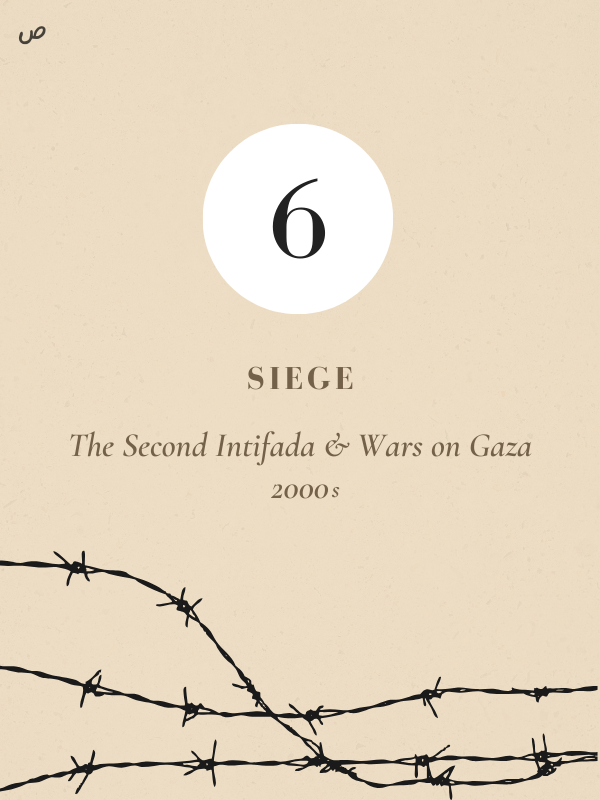
Recommended Reading
The suggested reading in advance of this session is Chapter 6 of Prof. Khalidi’s book, The Hundred Years’ War on Palestine. Also see Building Space for Peace?: Israeli and Palestinian Activism in the Second Intifada, Maia Hallward, Kennesaw State University Faculty Articles, October 2009.
Quaker Testimony
Our Quaker Testimony for contemplation this week is Stewardship. Stewardship is conceived as care for the Earth in a sacred trust that promotes environmental, economic, and social sustainability. It is also an exercise of social justice to work for equal access to resources. As John Woolman said in 1770: “May we look upon our treasures, the furniture of our houses, and our garments, and try whether the seeds of war have nourishment in these our possessions.” Spiritual motivation for the preservation and sharing of resources is often found in an accounting for blessings, which may be more than we think about on a daily basis. These blessings or gifts include our talents, possessions, and natural environment. As much as we tend to claim ownership and credit for these gifts, they are not ours alone.
A spirit of thanksgiving for the gifts of creation/the universe may be offered in prayer or moments of communion with nature. Such a spirt binds community, motivates responsible management of resources, and promotes right relations with indigenous peoples historically oppressed in the name of racial purity, and the Earth exploited in the name of capital. In this sense, Stewardship is part of a process of decolonization. It is moving from a position of arrogant dominion to humble partnership. Loving spirit helps dissolve difference — or at least create connection — between self and other, individual and community, humanity and creation/the universe.
In the case of Israel/Palestine, we are in the midst of ongoing settler-colonial domination and war in which the Israeli government has systematically decimated environmental resources for Palestinians. Described as an ecocide, this decimation includes bombing agricultural land in Gaza, torching olive groves in the West Bank, monopolizing water resources for Jewish settlements, and emitting war-related fossil pollution. Of course, the ecocide is aimed at ethnically cleansing indigenous Palestinian communities from the land.
What can we learn of Stewardship from the example set by Palestinians in their resilience and determination (sumud) to rebuild their lives, homes, orchards, and environment after each and every war on their existence? What does faithfulness to the Testimony of Stewardship require of us in the face of the Israeli government’s ongoing siege of the Gaza Strip (funded by U.S. taxpayer dollars), domination of natural resources, and destruction of Palestinian infrastructure necessary for human life?
Teach-In Slides
Feel free to pull up the slides for our session on your personal device. They will also be displayed on screen.
Films
